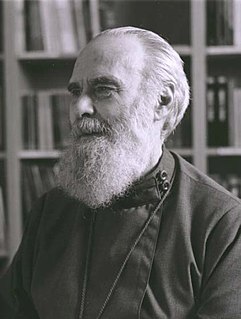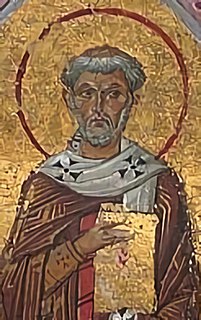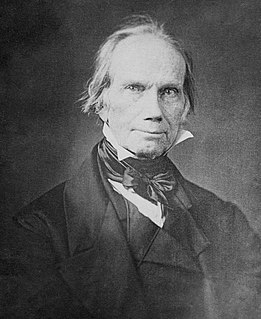A Quote by Pliny the Elder
The world and that which, by another name, men have thought good to call Heaven (under the compass of which all things are covered), we ought to believe, in all reason, to be a divine power, eternal, immense, without beginning, and never to perish.
Related Quotes
It seems to me, and I am personally convinced, that the Church must never speak from a position of strength. [These are shocking words.] It ought not to be one of the forces influencing this or that state. The Church ought to be, if you will, just as powerless as God himself, which does not coerce but which calls and unveils the beauty and the truth of things without imposing them. As soon as the Church begins to exercise power, it loses its most profound characteristic which is divine love [i.e.] the understanding of those it is called to save and not to smash.
When you start witnessing something without thought, there is no obstruction for absorbing the knowledge about that thing because there is no thought. It's complete absorption which takes place. And then it manifests. This is how the Divine Power works within us. So with our gravity, what we do is to touch that depth within us, which can carry the Divine Power and manifest.
The world of imagination is the world of eternity. It is the divine bosom into which we shall all go after the death of the vegetated [i.e. mortal] body. This world of imagination is infinite and eternal, whereas the world of generation is finite and temporal. There exist in that eternal world the eternal realities of everything which we see reflected in this vegetable glass of nature.
Given that we desire long life, should we not take eternal life into account? If we long for a kingdom which, however enduring, has an end, and glory and joy which, great as they are, will fade, and wealth that will perish with this present life, and we labour for the sake of such things; ought we not to seek the kingdom, glory, joy and riches which, as well as being all-surpassing, are unfading and endless, and ought we not to endure a little constraint in order to inherit it?
Jesus! it is the name which moves the harps of heaven to melody. Jesus! the life of all our joys. If there be one name more charming, more precious than another, it is this name. It is woven into the very warp and woof of our psalmody. Many of our hymns begin with it, and scarcely any, that are good for anything, end without it. It is the sum total of all delights. It is the music with which the bells of heaven ring; a song in a word; an ocean for comprehension, although a drop for brevity; a matchless oratorio in two syllables; a gathering up of the hallelujahs of eternity in five letters.
It is not enough to know the Son of God in the Father's nature only, unless we acknowledge Him in what is ours without withdrawal of what is His own. For that self-emptying, which He underwent for man's restoration, was the dispensation of compassion, not the loss of power. For, though by the eternal purpose of God there was 'no other name under heaven given to men whereby they must be saved' (Acts 4:12), the Invisible made His substance visible, the Intemporal temporal, the Impassable passable: not that power might sink into weakness, but that weakness might pass into indestructible power.
In all cases where incidental powers are acted upon, the principal and incidental ought to be congenial with each other, and partake of a common nature. The incidental power ought to be strictly subordinate and limited to the end proposed to be obtained by the specified power. In other words, under the name of accomplishing one object which is specified, the power implied ought not to be made to embrace other objects, which are not specified in the constitution.
There is a thing inherent and natural which existed before heaven and earth. Motionless and fathomless, It stands alone and never changes; It pervades everywhere and never becomes exhausted. It may be regarded as the Mother of the Universe. I do not know its name. If I am forced to give It a name, I call it Tao, and I name it as supreme.
Fear in sooth holds so in check all mortals, becasue thay see many operations go on in earth and heaven, the causes of which they can in no way understand, believing them therefore to be done by power divine. for these reasons when we shall have seen that nothing can be produced from nothing, we shall then more correctly ascertain that which we are seeking, both the elements out of which every thing can be produced and the manner in which every thing can be produced in which all things are done without the hands of the gods.
We humans have had from time unknown the compulsion to name things and thus to be able to deal with them. The name we give to something shapes our attitude toward it. And in ancient thought the name itself has power, so that to know someone's name is to have a certain power over him. And in some societies, as you know, there was a public name and a real or secret name, which would not be revealed to others.
Many are the noble words in which poets speak concerning the actions of men; but like yourself when speaking about Homer, they do not speak of them by any rules of art: they are simply inspired to utter that to which the Muse impels them, and that only; and when inspired, one of them will make dithyrambs, another hymns of praise, another choral strains, another epic or iambic verses- and he who is good at one is not good any other kind of verse: for not by art does the poet sing, but by power divine.


































